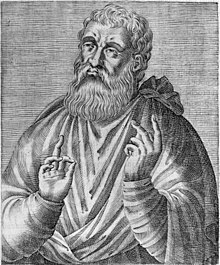I often find myself in the middle between two camps regarding the Christian and the Sabbath. On one side, I have the Seventh-Day Adventists, who believe that there is virtually no discontinuity between the Jewish Sabbath and the Christian Sabbath, including the necessity of maintaining the seventh-day as the Sabbath. In contrast, the opposite side is those who hold that there is such a radical discontinuity that there is no Sabbath for the Christian.
My personal view is that of classical Protestantism, a rejection of both opposing sides, such as is found in the Westminster Confession of Faith XXI:7: "As it is of the law of nature, that, in general, a due proportion of
time be set apart for the worship of God; so, in his Word, by a
positive, moral, and perpetual commandment, binding all men in all ages, He hath particularly appointed one day in seven for a Sabbath, to be
kept holy unto Him:
which, from the beginning of the world to the
resurrection of Christ, was the last day of the week; and, from the
resurrection of Christ, was changed into the first day of the week,
which in Scripture is called the Lord’s Day, and is to be continued to
the end of the world as the Christian Sabbath."
Justin Martyr
It is that last clause, regarding the change to the first day of the week that I wish to address. It is exactly the point of conflict between orthodox Protestants and the Seventh-Day Adventists regarding the Sabbath. Adventists place the blame at the feet of Constantine, the Roman emperor who legalized the Christian faith in the Empire.
However, we have the testimony of Justin Martyr (100-165 AD) to the contrary: "And on the day called Sunday, all who
live in cities or in the country gather together to one place, and the
memoirs of the apostles or the writings of the prophets are read, as
long as time permits; then, when the reader has ceased, the president
verbally instructs, and exhorts to the imitation of these good things" (1
Apol 67.3). Church History simply does not support Adventist claims on the subject.


No comments:
Post a Comment